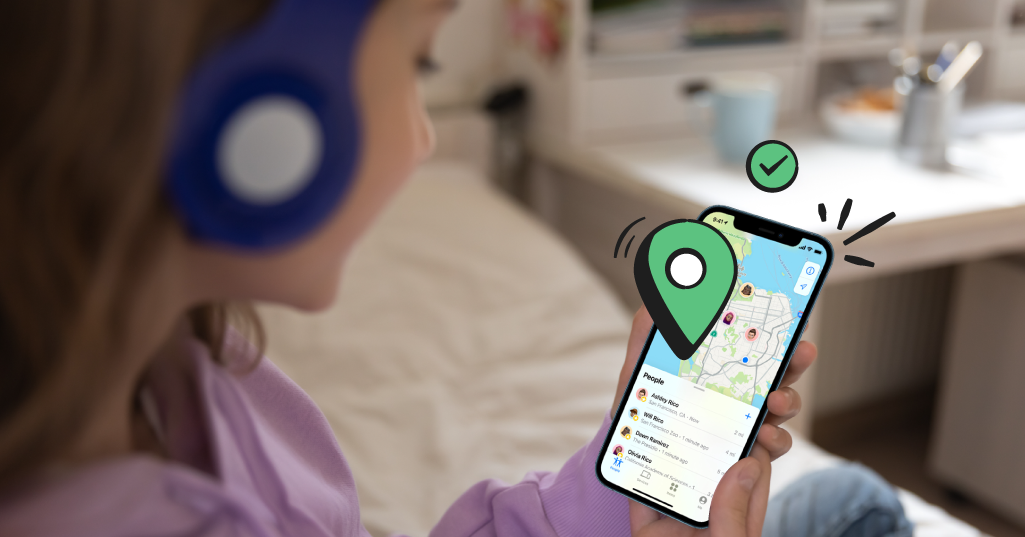
Social media has become an essential part of our daily lives, especially for young people. While it can be a great way to connect with friends and family, it also poses various risks, including cyberbullying, exposure to sexual content, online predators, and more...
It is crucial to learn how to stay safe on social media to avoid these dangers. In this blog post, we will share some tips and best practices that parents and teens can use to stay safe on social media.
How to Stay Safe on Social Media in 2023
Protect your personal information
One of the easiest ways to stay safe on social media is to protect your personal information. As a parent, it's essential to teach your child to never share personal information such as full name, address, phone number, or email address online. Hackers and online predators can use this information to access your child's account or even steal their identity. Teens should also be mindful of the information they share online and make sure they limit it to trusted sources.
Use strong passwords
Another way to stay safe on social media is by using strong passwords. Encourage your teen to use a unique and complex password that is difficult to guess. This can be achieved by using a combination of letters, numbers, and symbols. Also, advise them not to use the same password for different accounts.
Think before you share
Teens tend to overshare on social media without realizing the consequences. Teach them to think before they post anything online. Remind them that anything they post could be seen by anyone, including strangers, future employers, and college admissions officers. Even if their profiles are private, screenshots can be taken and shared — and then they’re out of your teen’s control.
Be aware of cyberbullying
Cyberbullying is one of the most significant risks associated with social media — and it looks a lot different from the bullying we experienced in the 80s and 90s. As a parent, it's essential to talk to your child about cyberbullying and how to prevent it. Encourage them to report any instances of cyberbullying they encounter and reassure them that they are not alone. Also, advise them not to respond to the bullies or retaliate in any way.
Never trust strangers
It's important your kid knows never to trust strangers online. Online predators can create fake profiles and pretend to be someone they're not. Teach your child to verify the identity of anyone they connect with online and to only accept friend requests from people they know in real life.
Be on the lookout for scams
Scammers often use social media to target their victims. Teach your child to be cautious of any offers that seem too good to be true or ask for personal information. Advise them not to click on any suspicious links or download anything from untrusted sources.
Let them know they can always, always come to you
There are a lot of ways for a kid to encounter something that’s just not quite right online. And while it may not always lead to incredible danger, it could still cause worry or apprehension. Stress the importance of intuition when it comes to strange things online. If it seems weird, it probably is — whether it’s someone who’s acting funny, a strange request, or if money is involved. Make sure your kid knows that no matter what, you’re there to help them through it. At the end of the day, their safety is the most important thing, and when they know you won’t get mad or judge them, they’ll be more willing to share everything with you.
Monitor Your Child's Social Media Activity with Bark
As a parent, it's crucial to monitor your child's social media activity regularly. You can also use Bark to help! Our parental controls let you monitor their activity, block inappropriate content, set screen time schedules, and more. Make sure to have an open and honest conversation with your child about your monitoring, and make it clear that it's not about spying but about keeping them safe. Start your free, 7-day trial today!
Read more
Bark helps families manage and protect their children’s digital lives.





